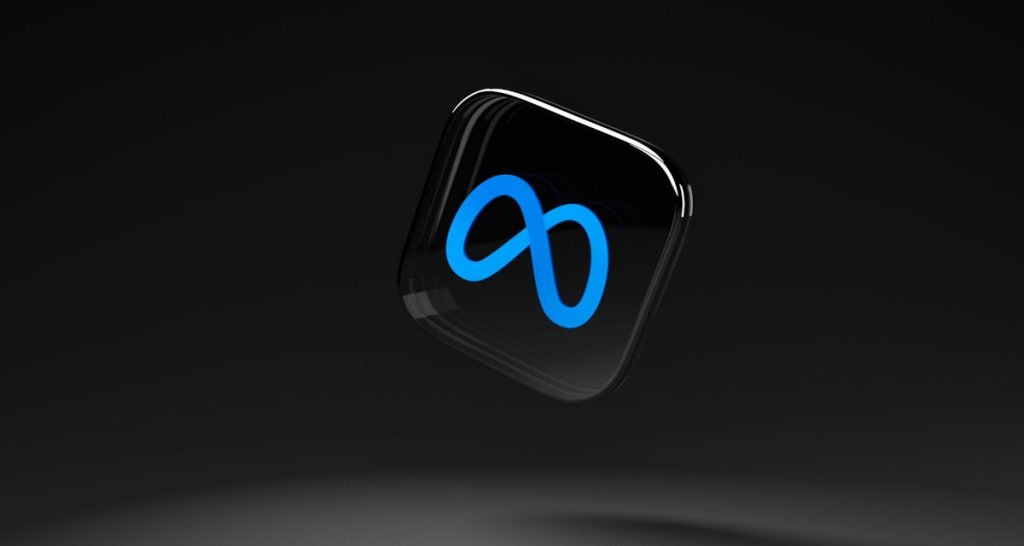
Universal Music Group and Meta have inked an expanded licensing deal. Photo Credit: Dima Solomin
Universal Music Group (UMG) has inked an “expanded global agreement” – including a framework for addressing “unauthorized AI-generated content” – with Facebook and Instagram parent Meta.
The renewed pact’s formal announcement arrived this morning, weeks after the major label shed light on adjustments to its relationship with Meta. Facebook, UMG said during its Q2 earnings call, had ceased featuring music videos.
This change was evidently part of a wider deal between the companies, which partnered about seven years ago and doubled down on short-form collaborations amid the TikTok-UMG licensing impasse earlier in 2024.
Though TikTok and the leading music business have since resolved their dispute, bolstered Reels initiatives are evidently in the cards for Meta (which reupped with Merlin in June) and UMG. Under the just-finalized “expanded global, multi-year agreement,” Universal Music relayed that “monetization opportunities” are being built out “even further with short form video.”
Despite lacking an abundance of concrete details, the official release revealing the broadened UMG-Meta union also notes that the major’s catalog is poised to arrive on WhatsApp for the first time. In a statement, Meta VP of music and content business development Tamara Hrivnak, formerly a Warner Music legal exec, said the Instagram owner is “extremely grateful to the Universal team.”
And in comments of his own, UMG EVP and chief digital officer Michael Nash praised Meta’s “commitment to artists and songwriters,” applauding as well steps “to amplify the importance music holds across its global network of engaged communities and platforms.”
“We are delighted that Meta shares our artist-centric vision for respecting human creativity and compensating artists and songwriters fairly,” proceeded Nash. “We look forward to continuing to work together to address unauthorized AI-generated content that could affect artists and songwriters, so that UMG can continue to protect their rights both now and in the future.”
While time will tell exactly what the latest UMG-Meta tie-up entails, the most significant already-disclosed component of the deal is the joint effort to curb infringing AI content. Chief among the most pressing issues in the contemporary music landscape, said content is being targeted by complaints that are creeping through the legal system against the backdrop of breakneck growth for the underlying technology.
Consequently, as suits and legislative remedies inch forward, it makes sense on multiple levels to get a handle on unapproved AI media via popular content platforms. The majors previously booted unauthorized soundalike tracks from Spotify (and attempted to halt the flood of legal AI uploads) and are collaborating on AI projects with YouTube.
And in May, TikTok, seemingly not coincidentally given the fresh UMG union, overhauled its AI tagging system, including with the addition of automatic labels.

